
In December of 2020, after Joe Biden won the presidency and while the Biden transition team was settling into the executive branch, Vice President Kamala Harris and her husband Doug Emhoff recorded a short video wishing Jewish Americans a happy Hanukkah. It is a common gesture of politicians, corporations and various brands to release a statement around this time of year to show support for their Jewish constituents, consumers and followers. Unfortunately, this particular statement by Harris and Emhoff illustrated everything that I believe to be wrong with Hanukkah messages, although one can hardly blame the two of them for what most likely amounted to a communications error. “I love Hanukkah because to me, it is really about the light,” said Harris. “It is about bringing light where there is darkness. And there is so much work to be done in the world to bring light. And it [Hanukkah] is a celebration of, always, Tikkun Olam, which is about fighting for justice and the dignity of all people,” she continued. Emhoff then added: “And it’s about joy.”
These words, to put it bluntly, have nothing to do with Hanukkah, but rather express sentiments typically characteristic of Christmas. Unbeknownst to them, Harris and Emhoff have contributed to the Christmasfication of a Jewish holiday, using the season to lump Jewish Americans into universalist messages of love and light and happiness and quality time with family.
I have written before about the trend of stripping Hanukkah of its meaning to make the holiday more palatable to the non-Jewish majority, especially as it manifests commercially in the U.S. — with blue and yellow decorations in the CVS Pharmacy and advertisements on television where snowflakes blow over a menorah (with an inaccurate number of candles) and a new Chevrolet that can be yours for a fabulous price. But I had no idea how entrenched this phenomenon was until I immigrated to Israel this year and heard for the first time that Israeli children do not receive eight presents for each day of Hanukkah. “Why would we get presents?” my friend asked me while I stood stupefied in our local Tel Aviv coffee shop. “You Americans do that, so you don’t feel left out of Christmas.” I felt like the breath had been knocked out of me. My favorite time of year in childhood was formed not by connection to Jewish identity as I had assumed but by the winds of assimilation —the very winds that the story of Hanukkah warns against. It remains ironic that millions of American Jews have reformed Hanukkah to be more in line with the values of their society, when the meaning of Hanukkah is to resist such temptation whatever the cost.
The theme of Hanukkah is the resilience of the Jewish people against the forces that sought to annihilate us.
The theme of Hanukkah is the resilience of the Jewish people against the forces that sought to annihilate us. However, unlike Purim, when we celebrate the miracle of being saved from an imminent genocide, during Hanukkah we commemorate being saved from spiritual oblivion, when our identity was threatened not by the sword but by the enlightened Hellenized Greeks who worked to change Jewish ideas. The Greeks occupying Judea did not adhere to a vicious ideology that demanded dead Jews. Rather, as novelist Dara Horn writes in her essay in Tablet Magazine, “The Cool Kids,” the antisemitism of the Greeks was insidious — it sought to kill Jewish civilization by way of placing statues of Zeus in the holy temples, by placing social pressure on young Jewish athletes resulting in them reversing their circumcisions, and by enticing the entire land out of its archaic monotheistic practices that were obnoxiously old-fashioned. Judah Maccabee and his band of zealots rebelled against not only foreign rule but also against the erosion of Jewishness in the Holy Land and subsequently of their sovereignty as Jews, which yes, included rebelling against other Jews who had taken the Greeks’ bait.
Horn connects the story of Hanukkah to the story of Jews, even the most loyal communist Jews, who lived in the Soviet Union. “In 1918, the Soviets created an entire branch of their government solely for cool Jews (the Yevsektsiya) whose paid job it was to persecute uncool Jews,” Horn writes. The “uncool” Jews in this era were the Jews who refused to accept the principles of socialism, which emphasized hegemony, internationalism, and the chipping away of all religious observance. “Yevsektsiya-style antisemitism, or Hanukkah style antisemitism, always promises the Jews a kind of nobility,” Horn continues, “offering them the opportunity to cleanse themselves of whatever the people around them happen to find revolting. The Jewish traits designated as repulsive vary by country and time period, but they invariably contradict the specific values that the surrounding culture has embraced as universal.”
What we are meant to contemplate during Hanukkah is Jewish particularism and our unique culture and traditions, not our obligations to mankind.
If art and poetry that praised Athena rather than Hashem was all the rage in antiquity, if Marxism was all the rage in the twentieth century, then today the hottest commodities are human rights, secularism and social justice — the values that Harris and Emhoff endorsed in their Hanukkah message and the values the majority of Americans associate with Hanukkah. Please do not be mistaken — these are all things that I, and many Jews, value wholeheartedly. But they could not be more at odds with what we are meant to contemplate during Hanukkah: Jewish particularism and our unique culture and traditions, not our obligations to mankind.
Theodor Herzl, the architect of the modern State of Israel, was at one point the poster child for a Hellenized Jew. There was no Jew more westernized, more modern, or “cooler” (in Dara Horn’s terminology) than Herzl. In fact, he was known to erect a Christmas tree in his living room during the holiday season, and his infamous initial solution to the Jewish question was a mass conversion to Christianity to evade the scourge of antisemitism. Yet fortunately for future generations of Jews, Herzl eventually realized that antisemitism could not be evaded even with the most intense stripping of identity. Members of the Yevsektsiya in the Soviet Union discovered this as well when they were eventually purged from the Communist Party and thrown into gulags.
During his grand recognizance of reality, Herzl authored an essay entitled “The Menorah,” which begins with:
“Once there was a man who deep in his soul felt the need to be a Jew … He had long ceased to trouble his head about his Jewish origin or the faith of his fathers when the age-old hatred re-asserted itself under a fashionable slogan. Like many others, our man, too, believed that this movement would soon subside. But instead of getting better, it got worse. Although he was not personally affected by them, the attacks pained him anew each time. Gradually his soul became one bleeding wound.”
Herzl then proceeds to wax poetically on the meaning the lighted menorah bears for him and his children during a time of increased anxiety in Europe. Its flames, as Kamala Harris mentioned during her Hanukkah message, inspire reflections on light. “No office is as blessed as the servant of light,” Herzl concludes, except his interpretation of light pertains to the resurrection and rededication of Jewish identity, in himself and in others, and to fighting antisemitism. In other words, Herzl did not send the Jews who were reading his work a Christmas card. Evading such tropes allowed him to lay the foundation of the world’s only Jewish state.
This holiday season, during yet another time of rising anxiety in the Diaspora, I would implore all politicians, corporations and brands to rethink their repurposed Christmas messages. If it is your earnest desire to wish Jews a Happy Hanukkah, then please, cancel your glowing remarks about love and friendship. Instead, express your solidarity with the Jewish people against our enemies, whether they are outright violent in their hatred of Jews or more subliminal. Tell us how you admire not only the Maccabees but also all Jews since who have championed self-defense and self-preservation. This is how true allies wish good will, allies who not only recognize our history but understand its contemporary implications as well.
Blake Flayton is the New Media Director and Columnist for the Jewish Journal.








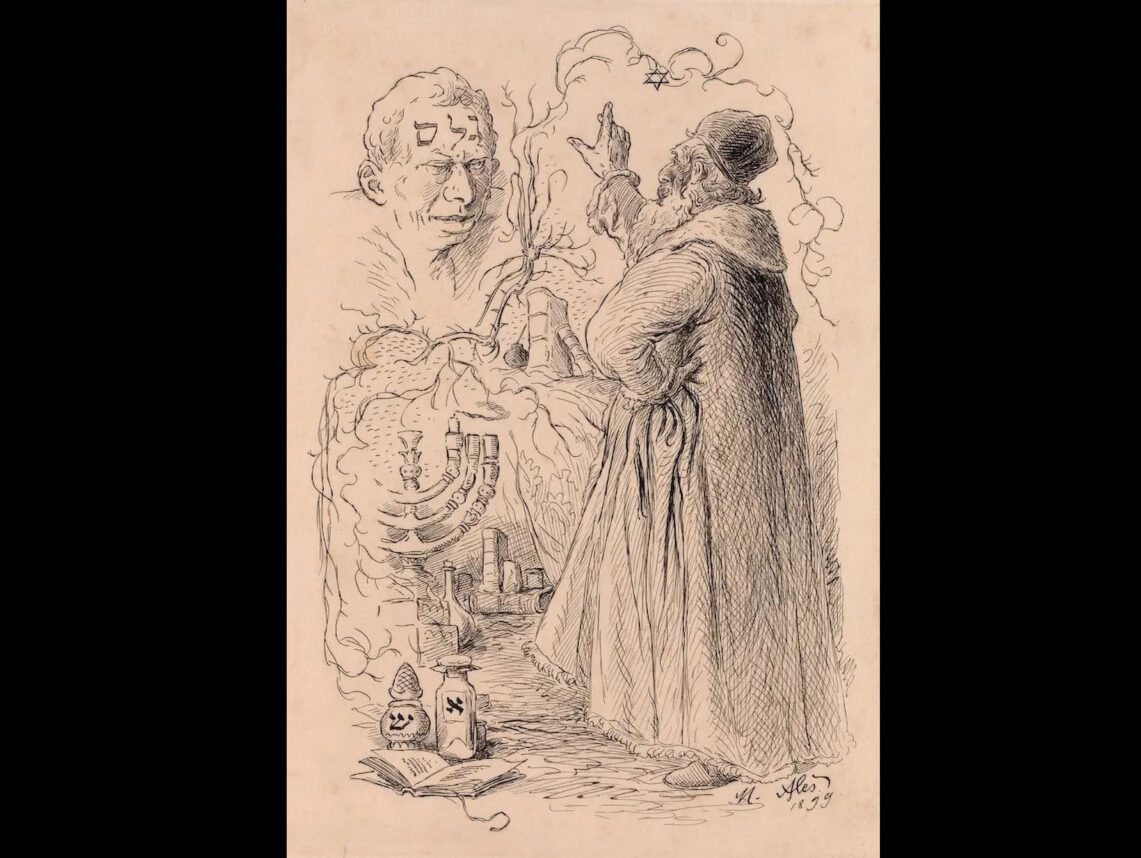
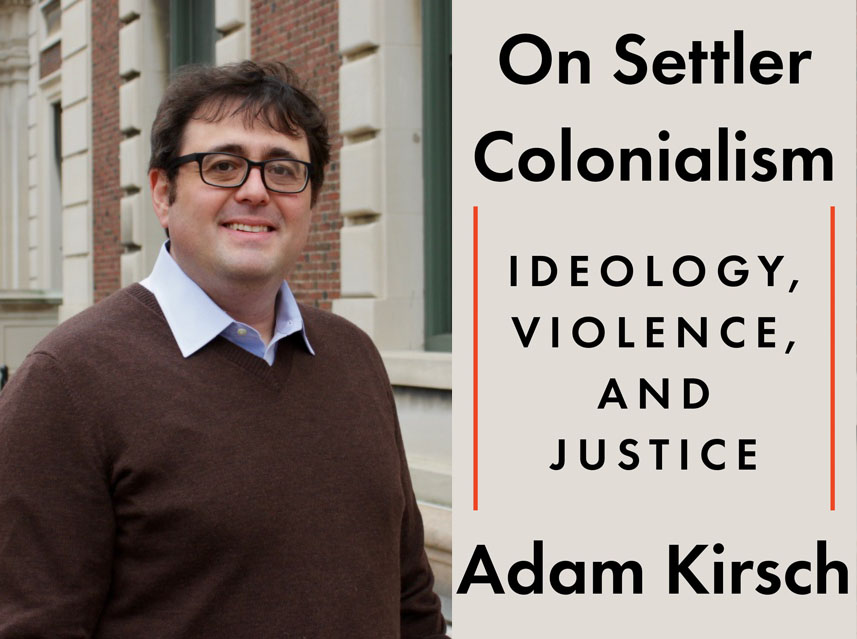

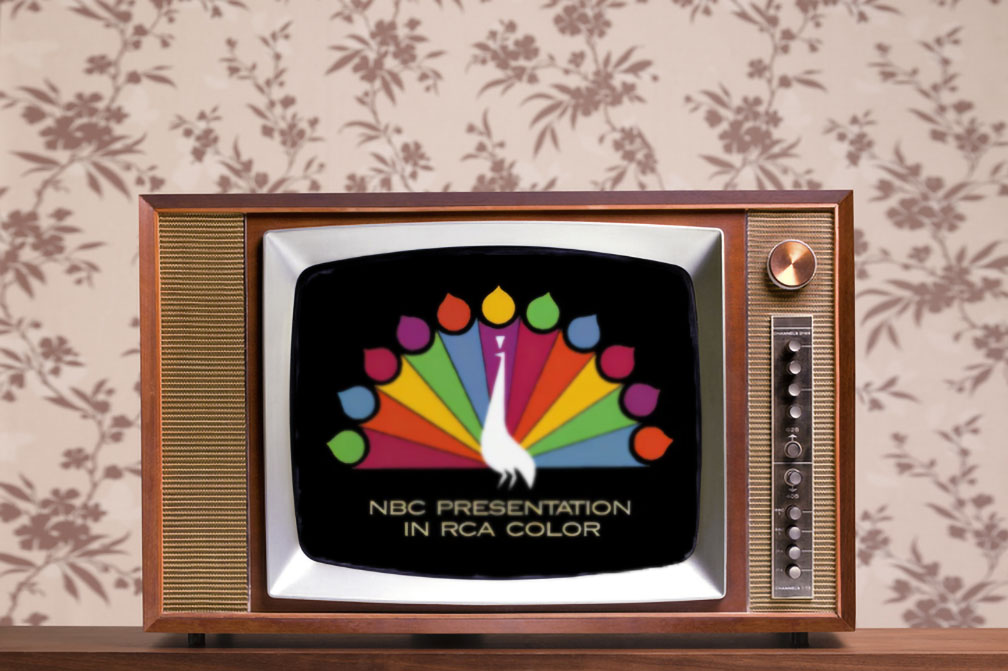
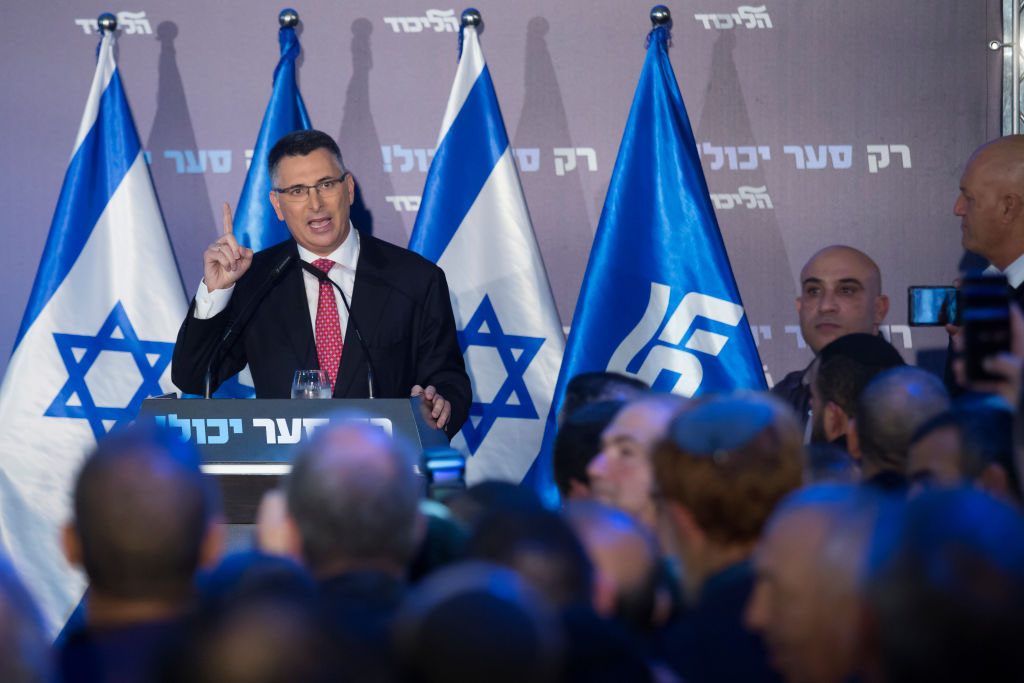
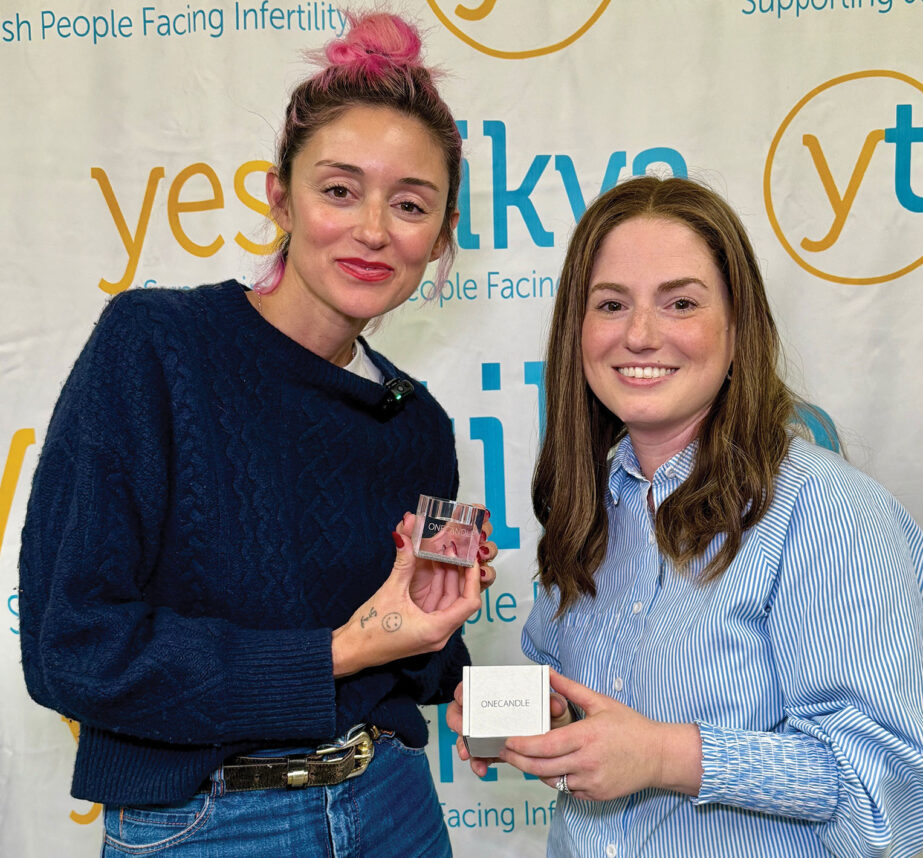

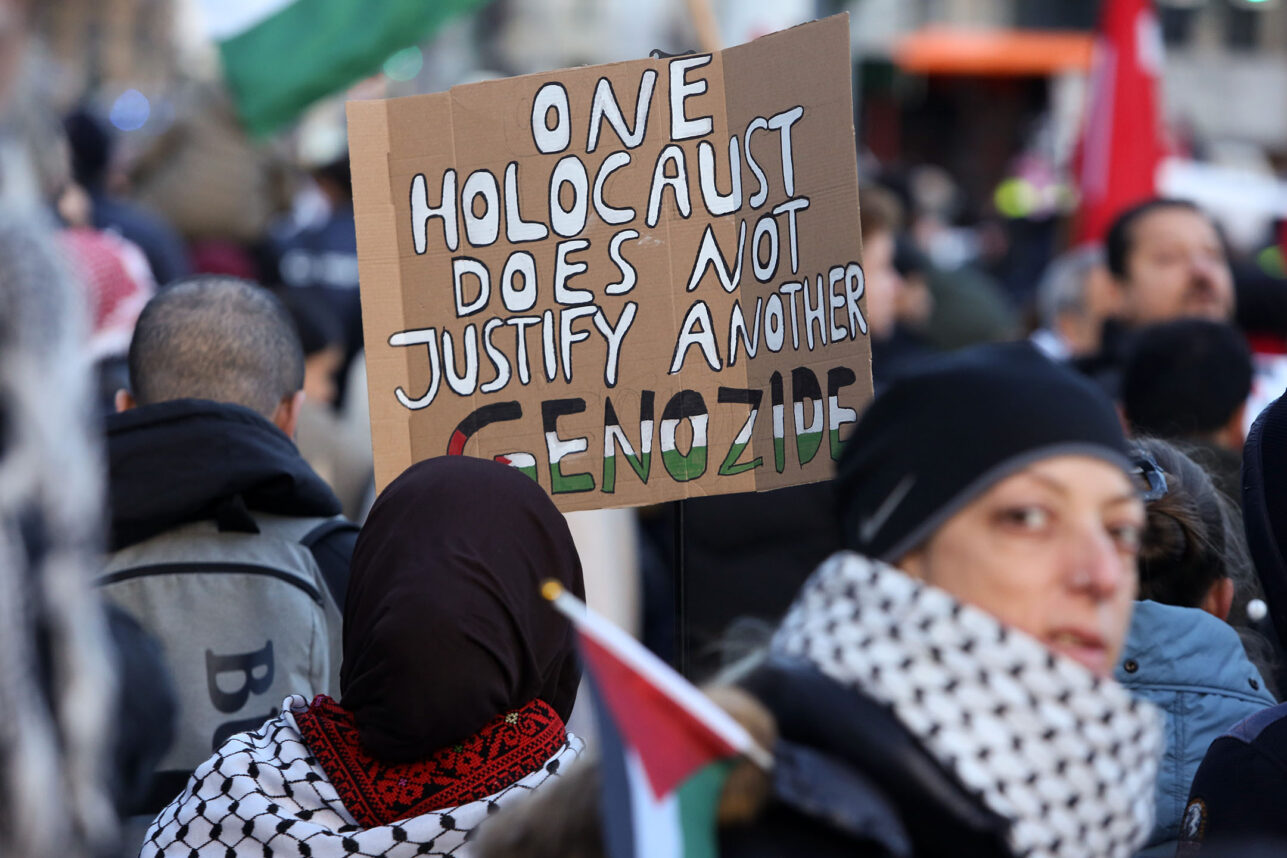
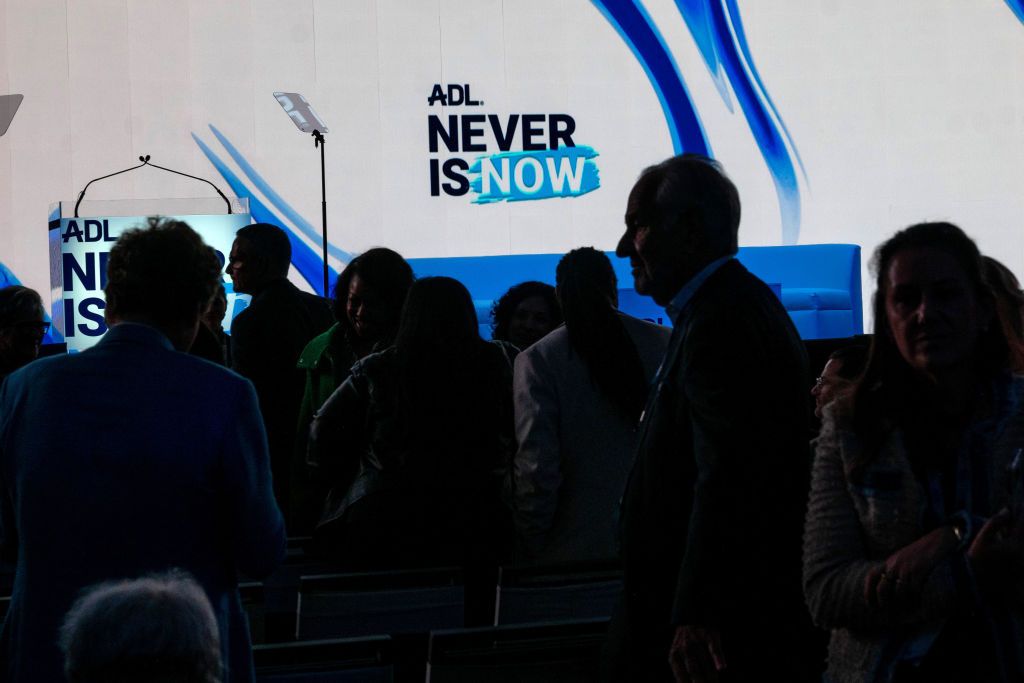






 More news and opinions than at a Shabbat dinner, right in your inbox.
More news and opinions than at a Shabbat dinner, right in your inbox.